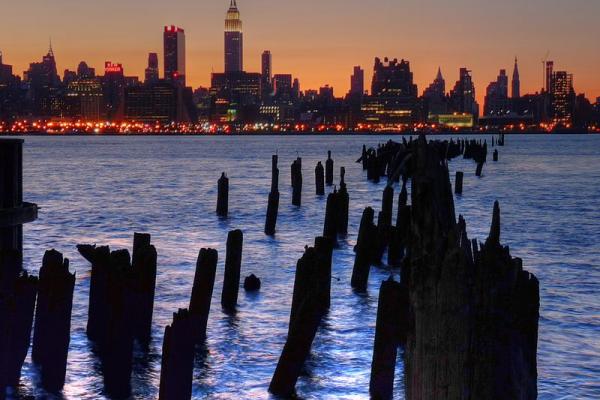I know that the sun will rise tomorrow.
With all of the scientific facts and astronomical data we are blessed with today, I can expect to wake up tomorrow and see rays of light shining through my window.
There is also no debating time. Our clocks, both digital and internal, continue to tick onward no matter the circumstances. These are inexorable certainties in life. However, these proven facts of our existence are limited. They are not the whole story.
There are things in life we neither can physically see nor explain, and yet we choose to believe anyway.
When our little siblings place their fallen teeth underneath their pillows, hoping to see a winged fairy deliver gifts in return, they are relying entirely on an unproven belief. When students choose universities to attend, they do not know what the outcomes of their decisions will be, nor can they predetermine their futures after school. But they continue to grow and experiment with life anyway.
Even the wisest of theologians and clergy have very few answers to the questions pertaining to God’s existence that enter our minds on a daily basis. All of these situations represent something many of us hold onto so dearly: Faith.
Faith alone offers no guarantees. Faith is not the proof of our beliefs, but rather the hope that what we choose to believe in is right. While the proven theories in life can only extend to a given limit, the world of faith is truly endless.
This sense of hope is also the foundation of most religions. Many people find great comfort in believing that there exists some greater force in the world — even if it will remain unseen forever.
When a religious institution is filled with people who are gathering to believe in something greater than themselves, there is a sense of unity and humility felt in that environment. And with that unity, there is a reliable community, built and sustained through a common faith.
Unlike the established certainties, faith can be expanded, tested, or even demolished. Circumstances in life shake people; those victims then only want physical answers or just comfort — two factors that faith alone cannot always supply.
It is not easy for a family of three, 12, or even 72 to continue believing in an omniscient and omnipresent spiritual being after experiencing a loss deeper than words. It is not easy for anyone to attend a synagogue, church, mosque, or any community of faith after having his or her own faith threatened. The moments in life where we struggle, doubt, and search for deeper meanings in our respective religions, however, are when our faith shines through the brightest.
During times of hardship and grief, many refer to the book of Tehillim (Psalms) in order to reconstruct their connections to God. Psalm 25 encourages us to believe in something greater than ourselves — God — at all times. This verse inspires us to preserve hope, or faith, in a greater power and in a brighter future.
By putting our trust in theology, by keeping faith, we are opening ourselves to a world of possibility, community, and most importantly — strength.
In some cases, faith has been corrupted and taken to wild extremes. Radical thinkers have disgraced their respective religious traditions through their actions or words. And unfortunately there are people of faith who choose to jeopardize others in the name of their own faith.
As a socially progressive society, it is truly devastating to witness hatred, death and destruction fueled by religion. Fortunately, faith is neither defined by nor limited to such mindsets.
Far more often in human history, faith has inspired skeptics and the spiritually weak. For many, maintaining a faithful lifestyle and mindset has ignited the utmost mental strength and optimism.
While adopting such a spiritual outlook on life does not shield us from its struggles or accidents by any means, keeping and sharing faith can alleviate their intensity and be a salve to our souls.
With a solid faith and an open mind, we can change the world.
It takes true faith and hope to continue praying at the times when we have lost everything. It takes undeniable strength to not only recognize the physical realities of life, but to believe in them as well.
It takes a community of faith to believe that the sun is still shining, even when it is not seen in the sky. It is also our obligation to take those unseen rays of light and spread them to communities that mourn in darkness.
There is no doubt that time will continue to pass before us; that is a certainty. But it is what we do with that time, however, that defines where we stand in our faith. By living with a sense of hope, we can encourage others to approach the highest and lowest points of life with trust in both God and the importance of a community.
So from now on, I will wake up each morning with not only the awareness that the sun has risen in the sky, but also with the faith that it will continue to shine through any storm.
“Oh Lord, I set my hope in You; my God, in You I trust,” – Psalm 25:1-2
Emily Goldberg is a junior at the Abraham Joshua Heschel School in New York City. Emily plans to pursue a career involving biblical studies, world religions, social action. and writing. And she says she hopes to "lead a faithful community in a movement that shares the same values as Sojourners" and that she "will have the ability to inspire people in the deep ways that Sojourners has inspired me. You can read more of Emily's writing on her blog, A Leap of Faith.
Got something to say about what you're reading? We value your feedback!
